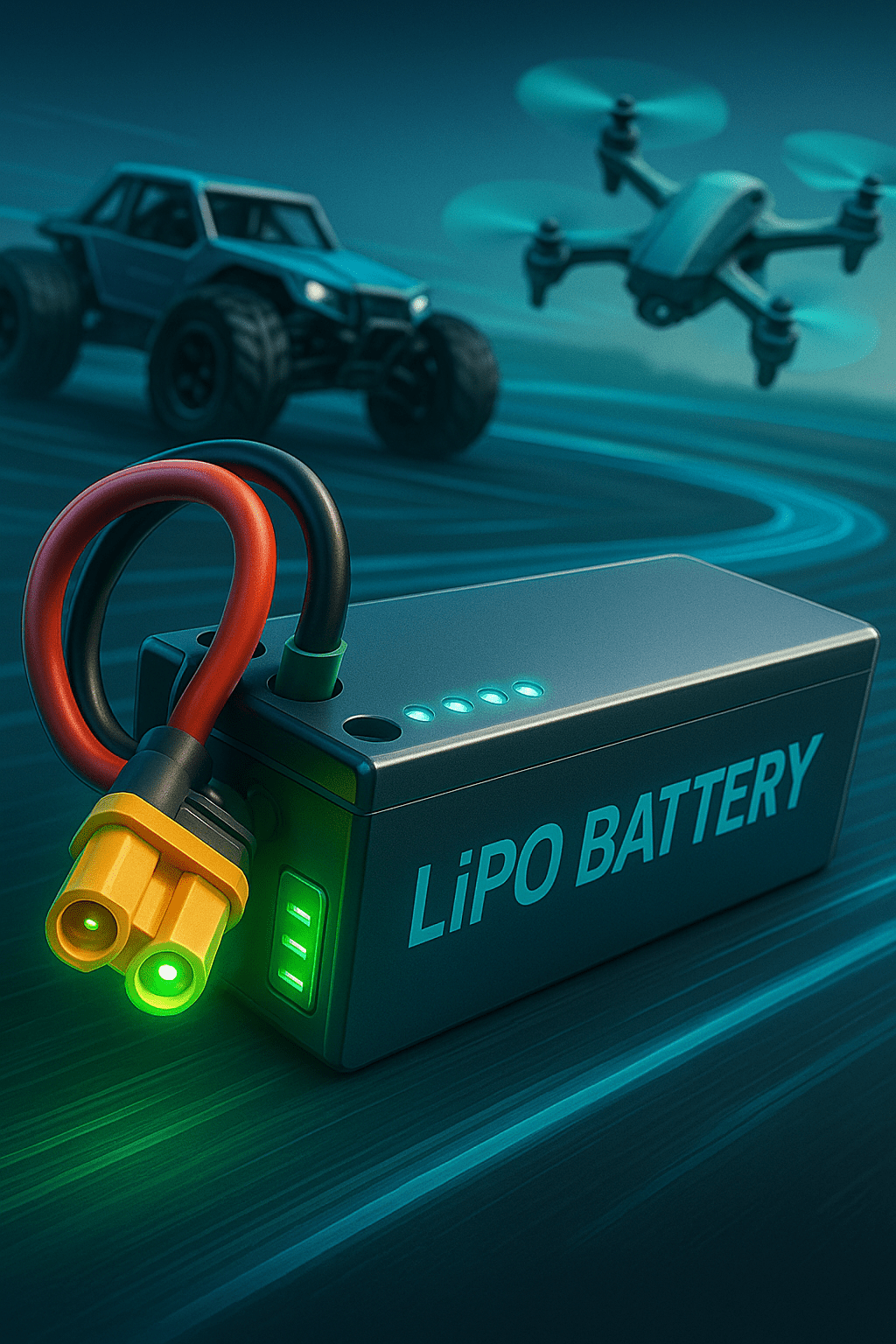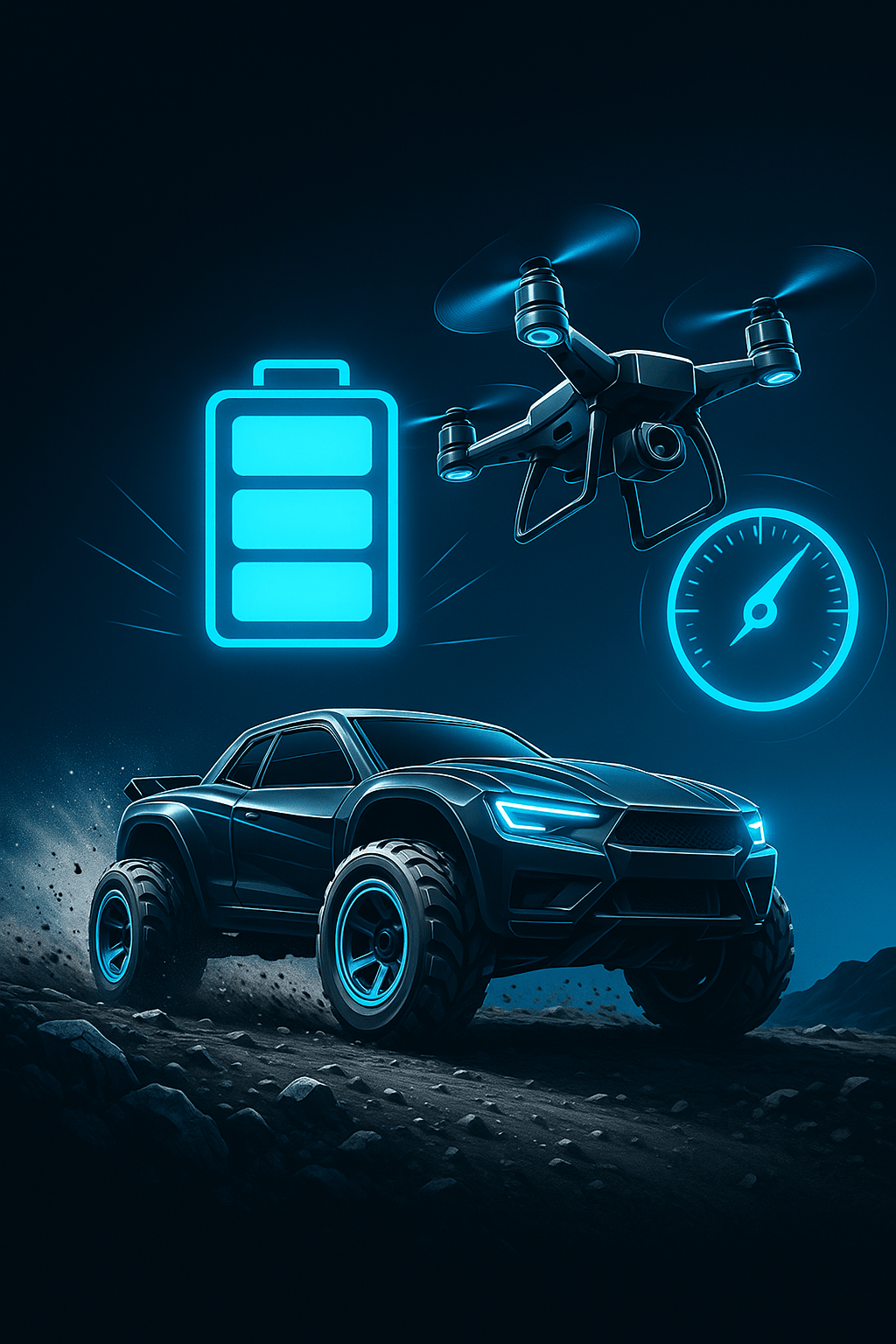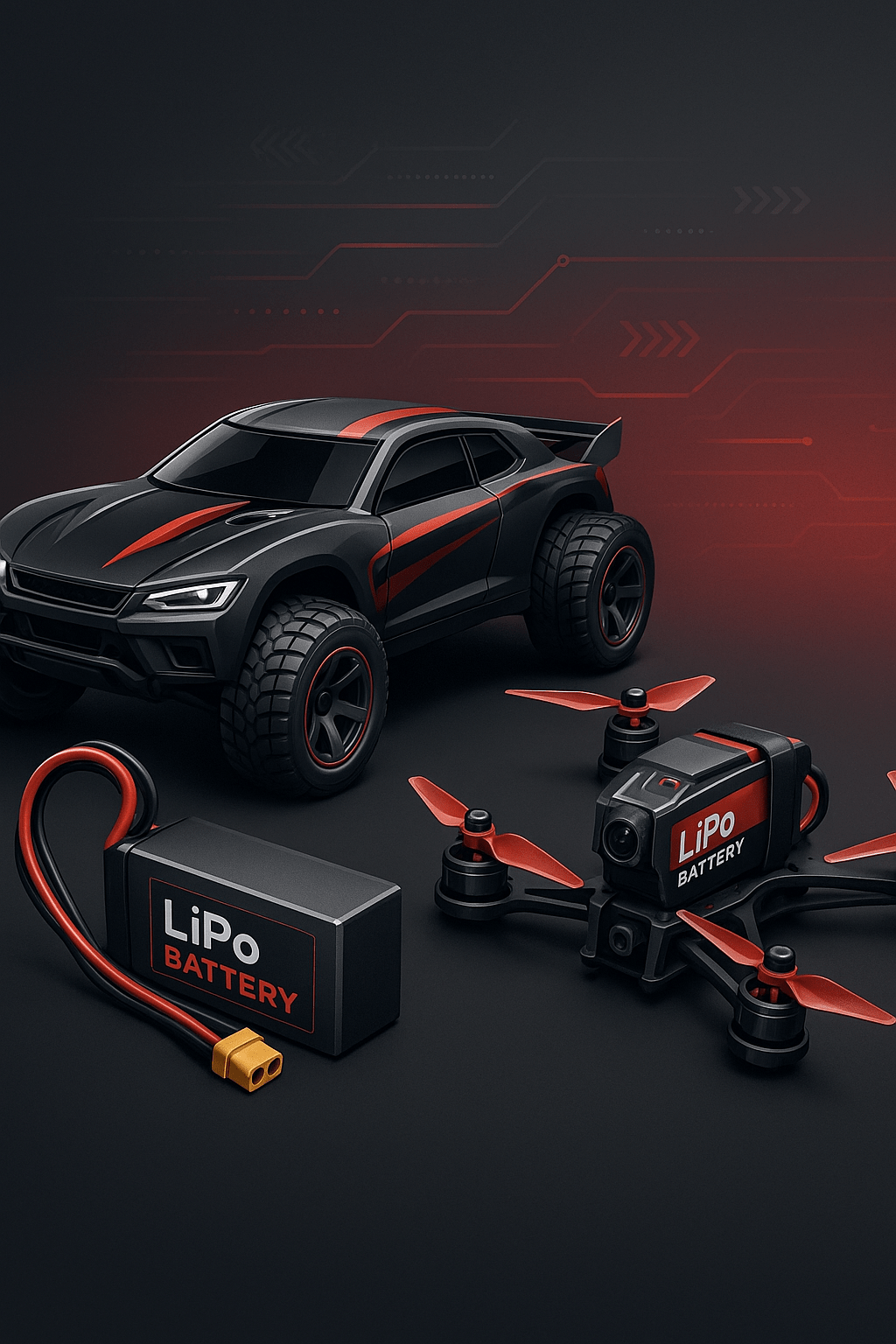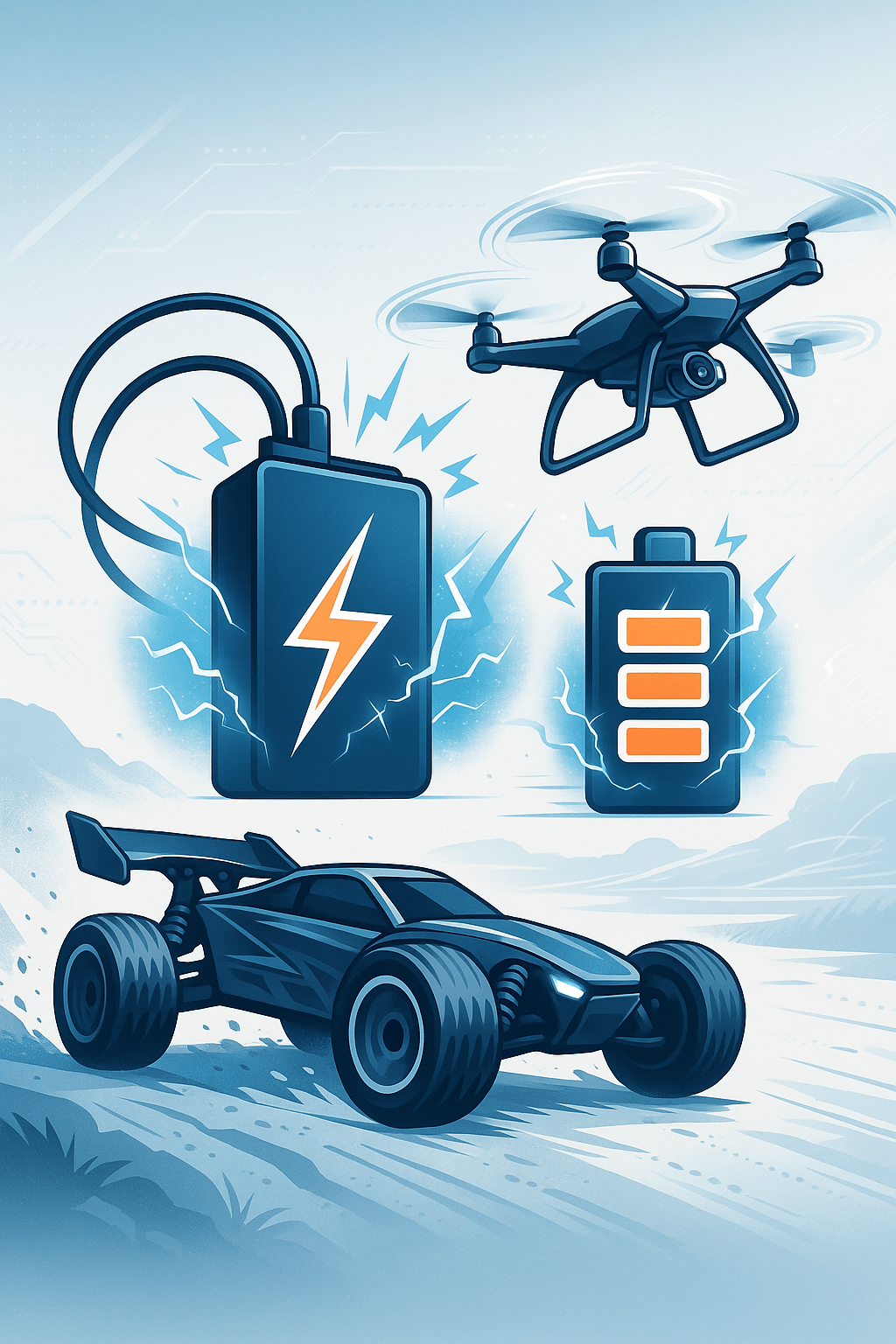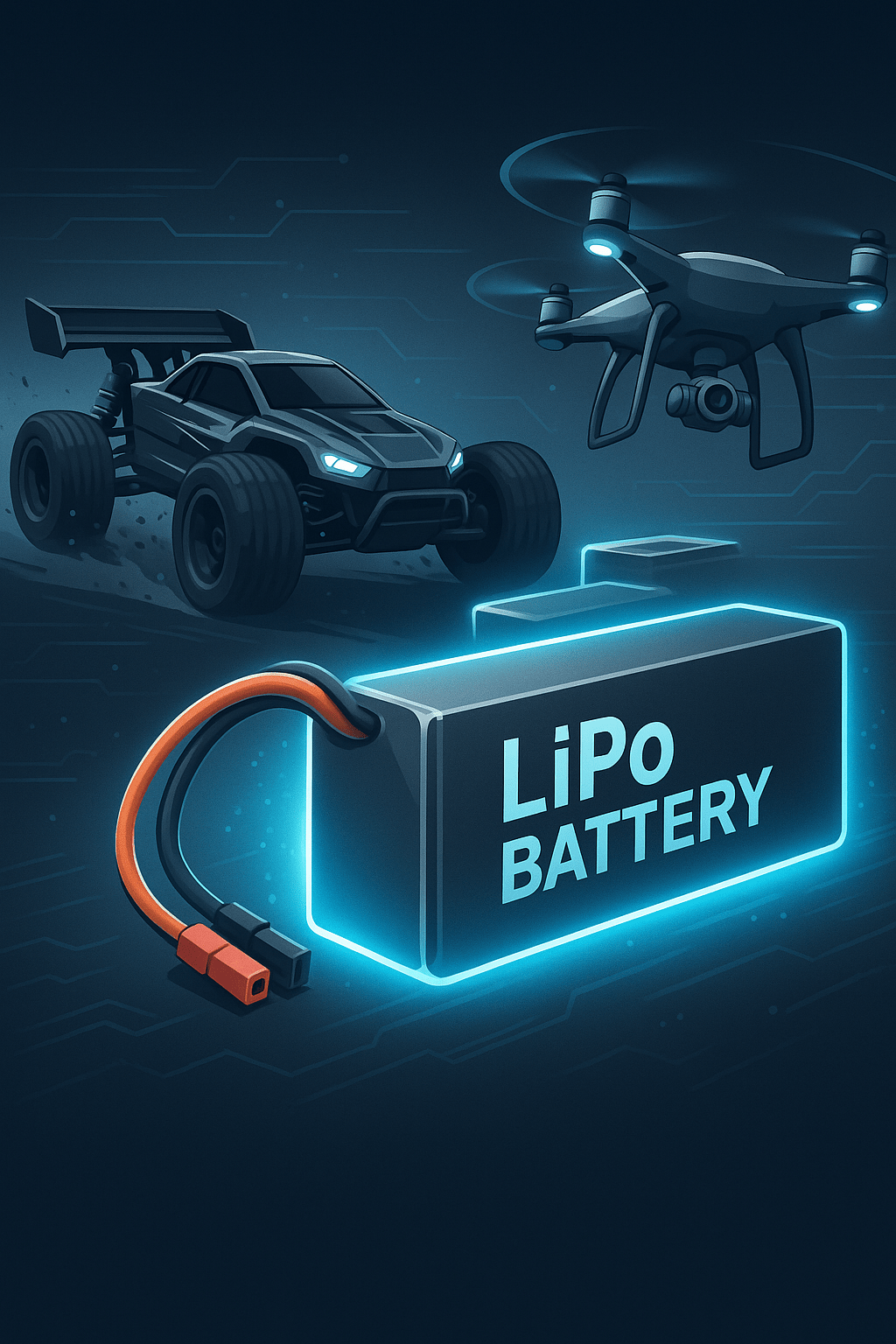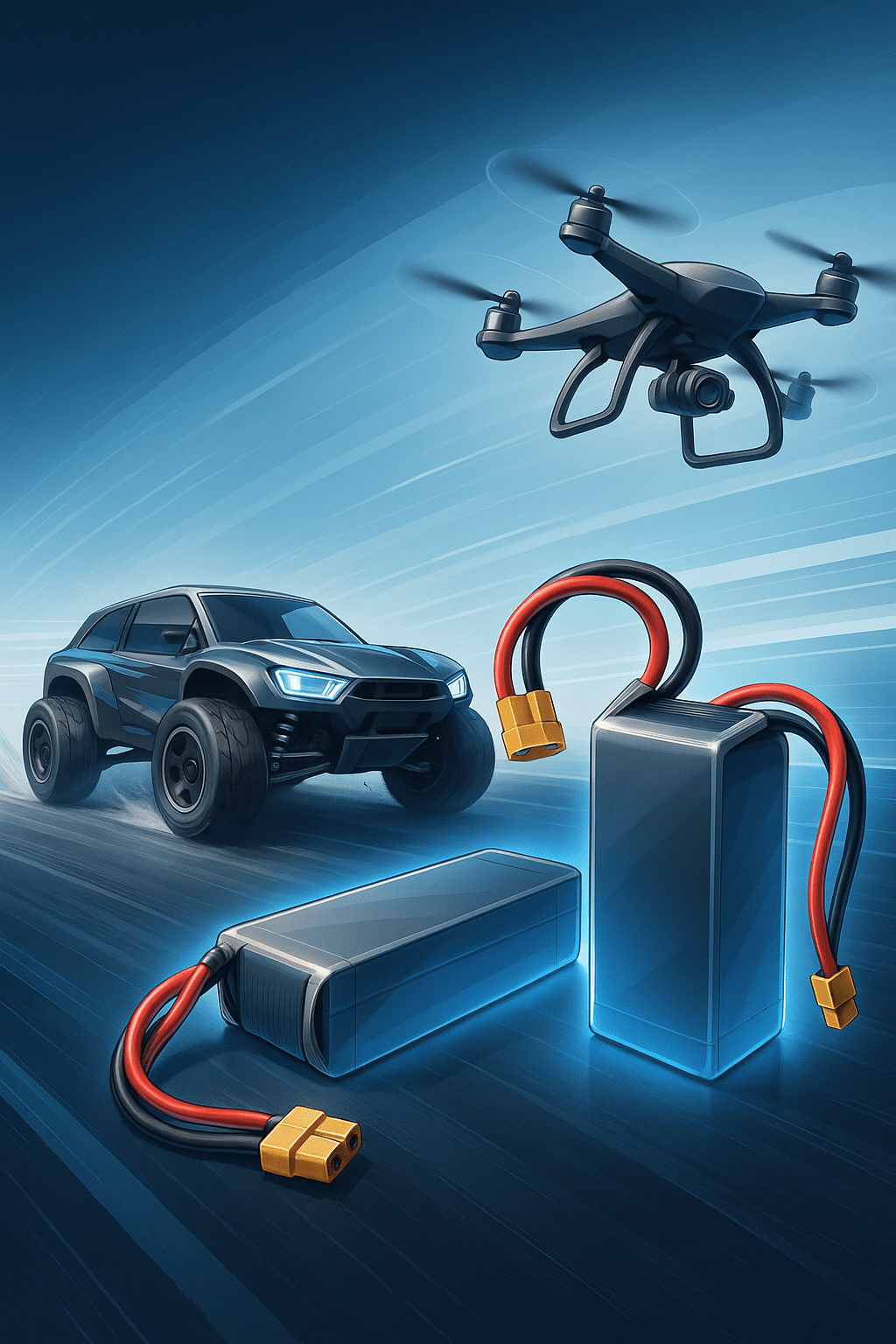Good To Know
Power Up Your Passion: Essential Tips for Maximizing LiPo Battery Performance
Unleashing Power: Maximize Performance with RC Battery Depot’s LiPo Batteries
Unlocking Maximum Performance: Essential Tips for Using LiPo Batteries with Your RC Vehicles
Unlock Peak Performance: Mastering LiPo Battery Care for Your RC Models
Maximize Your RC Experience: Top Tips for Safeguarding and Optimizing LiPo Battery Performance
Power Up Your RC Adventures: Maximizing Performance with Premium LiPo Batteries
Powering Your Passion: Mastering LiPo Battery Care for Peak RC Performance


